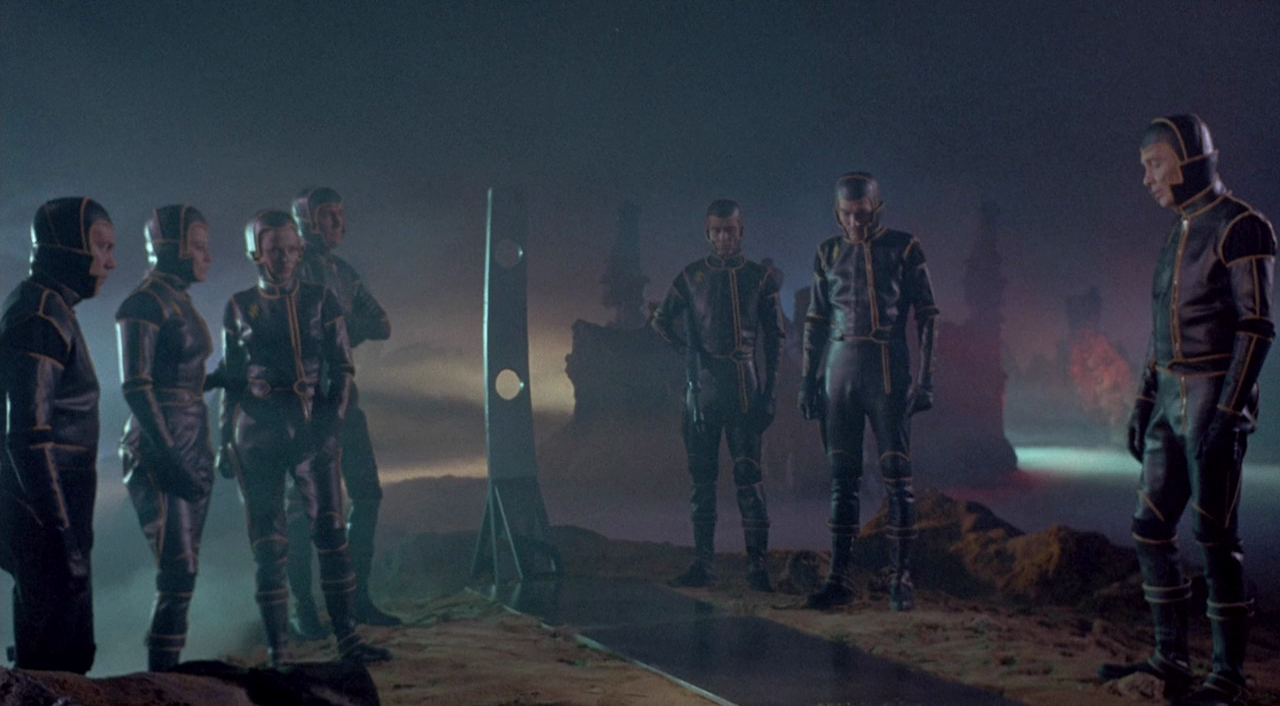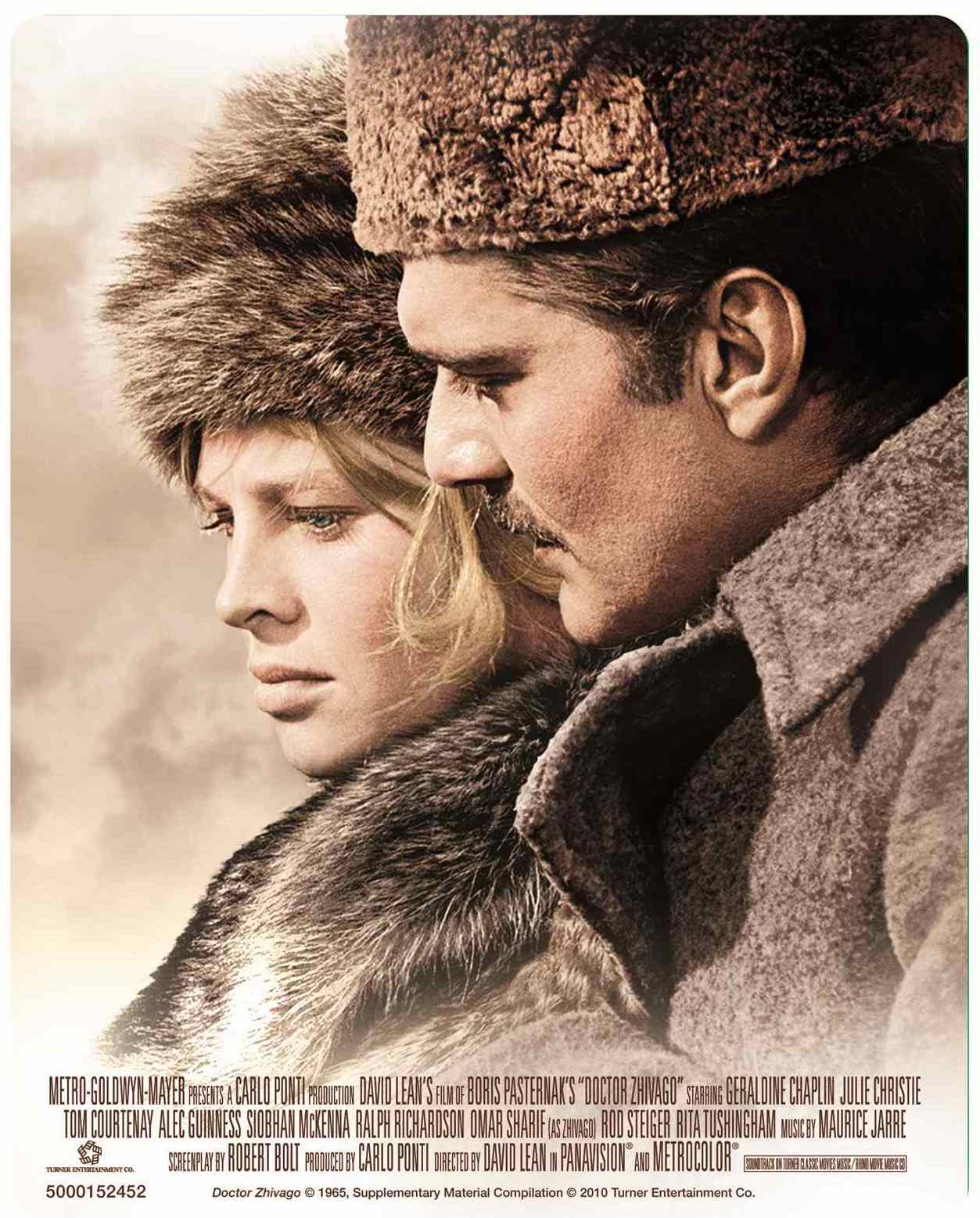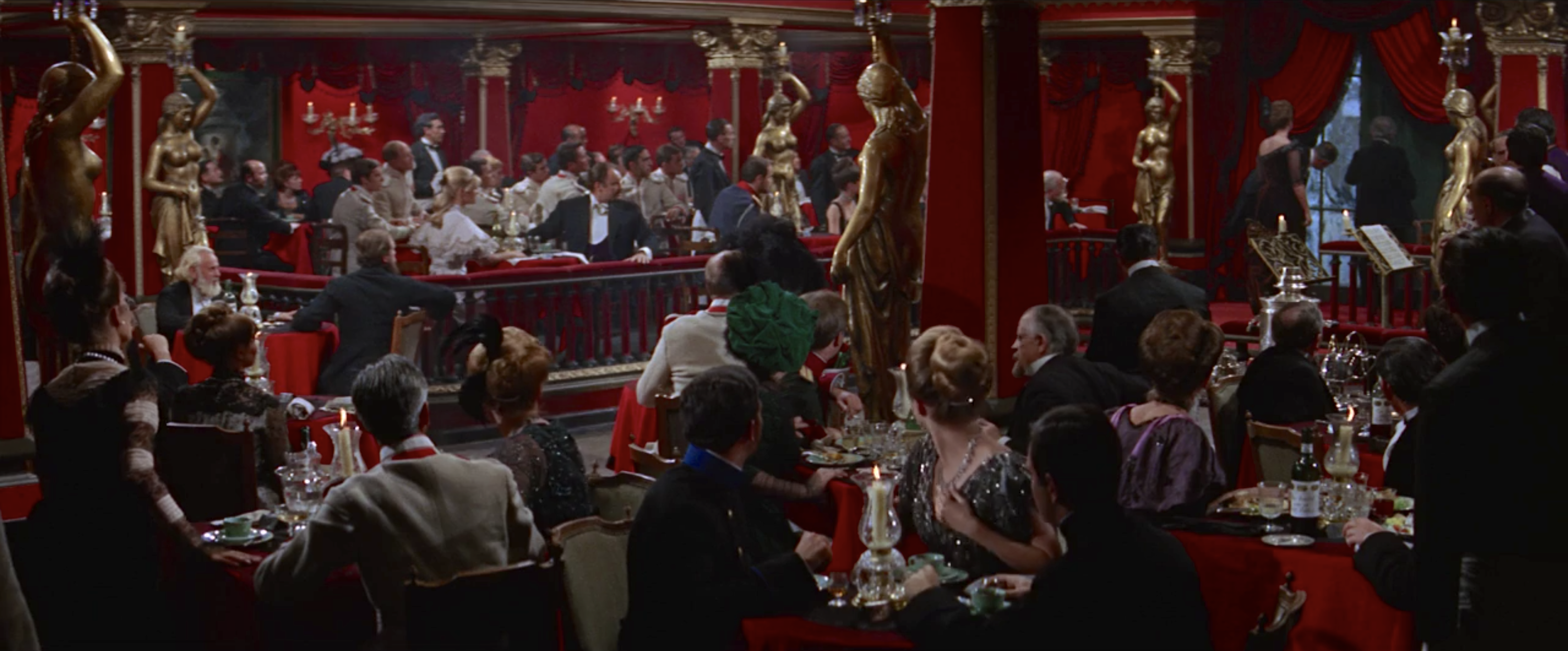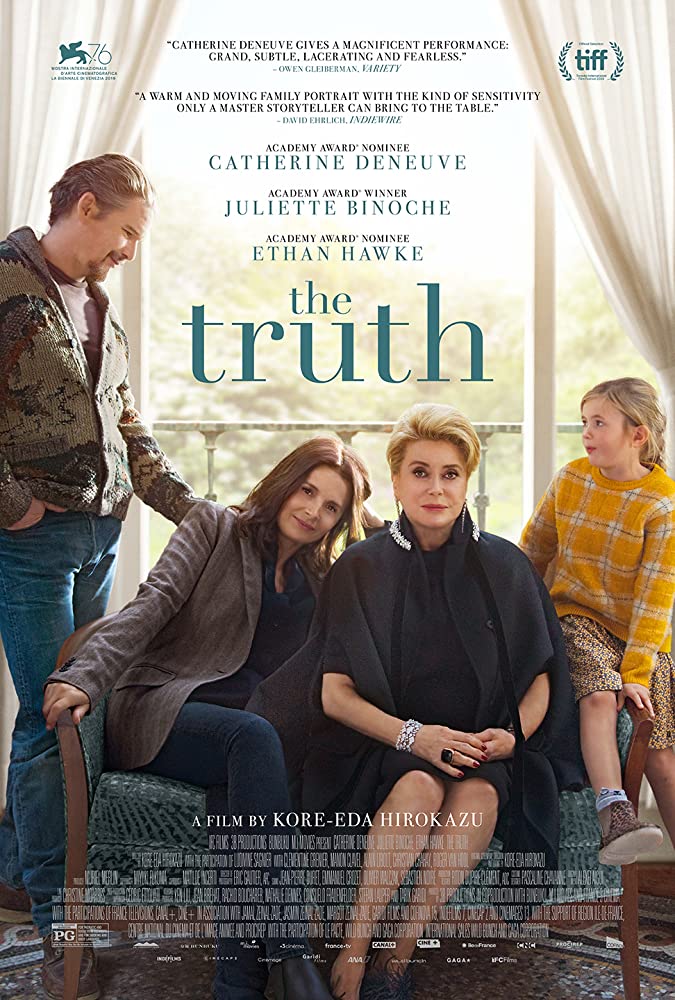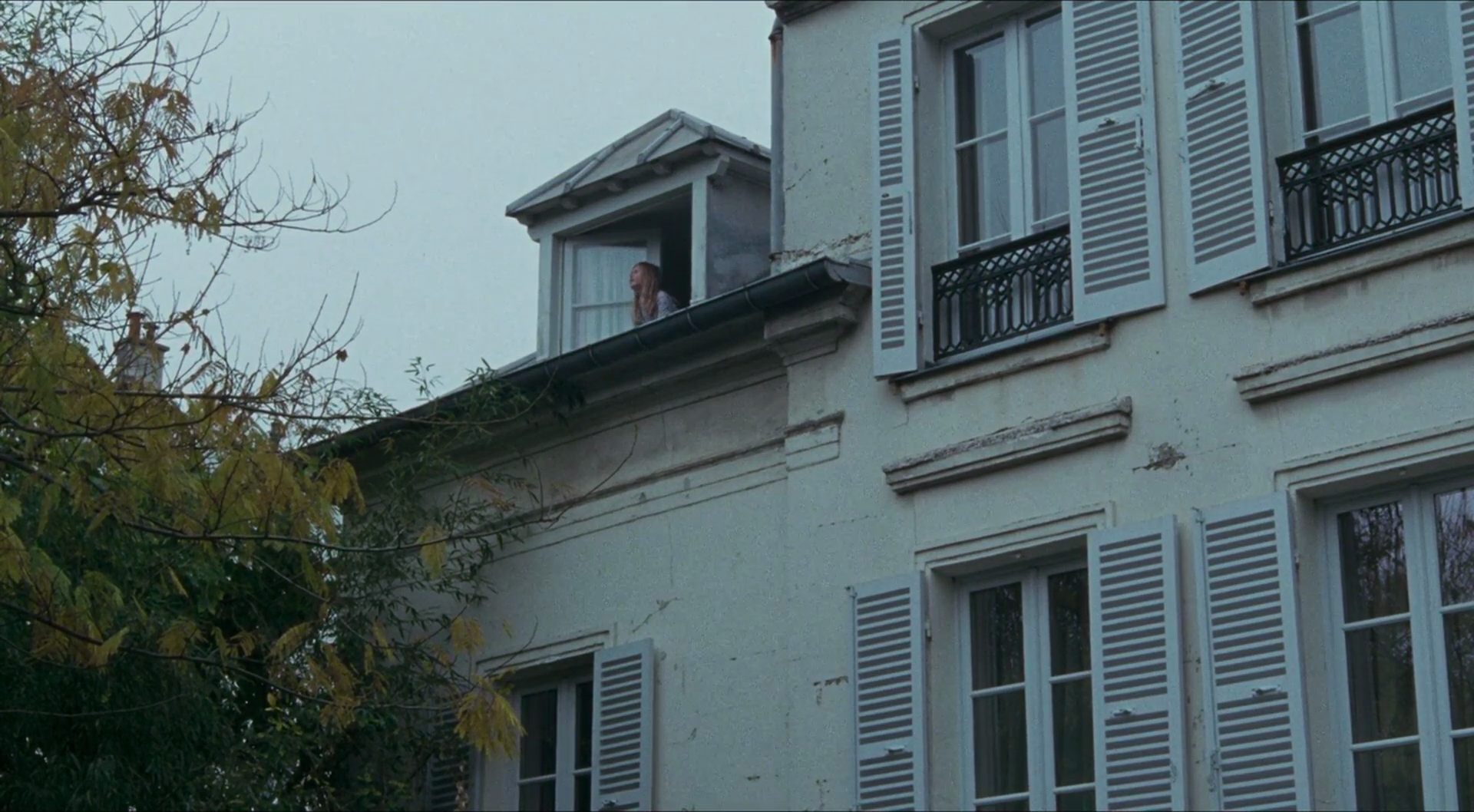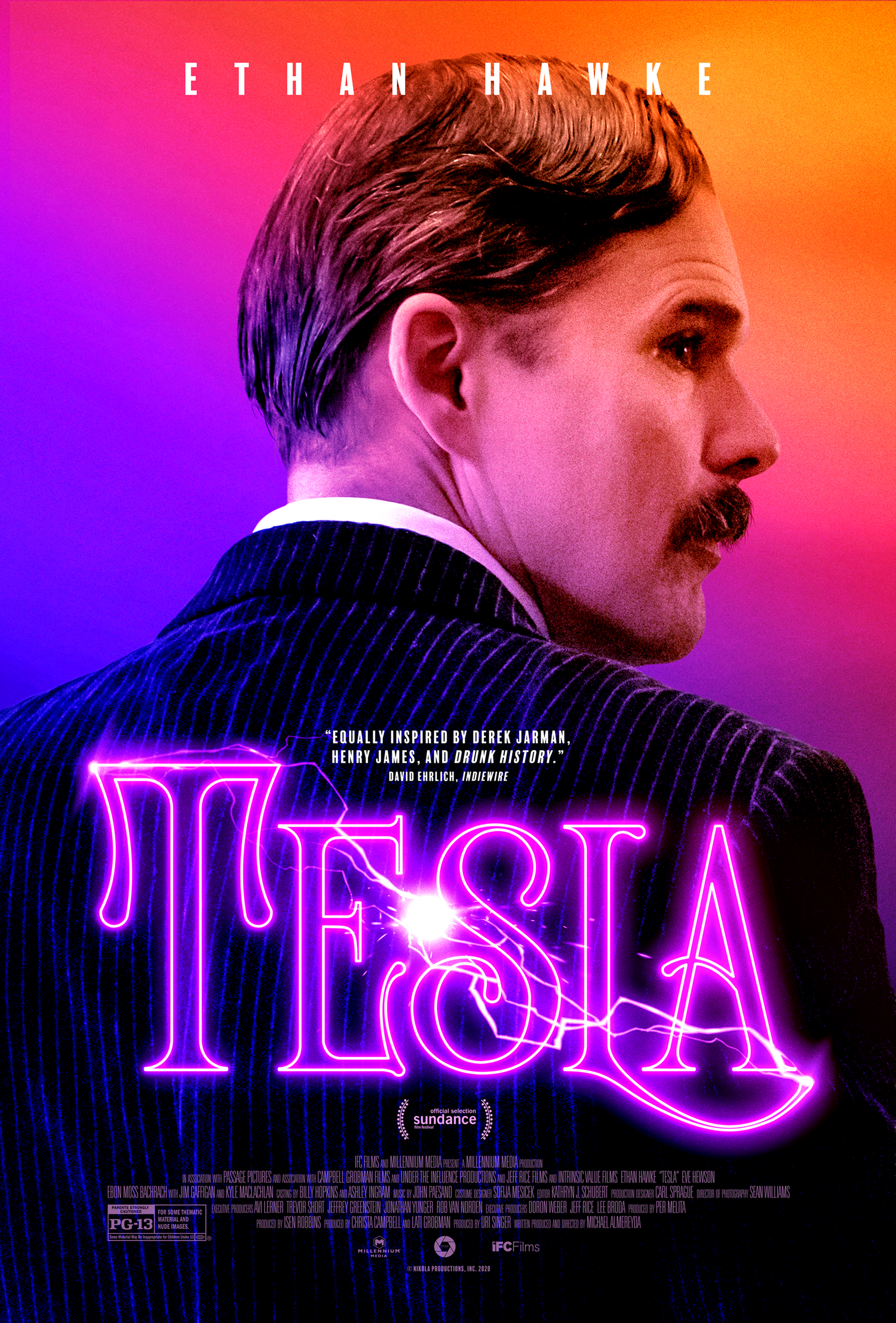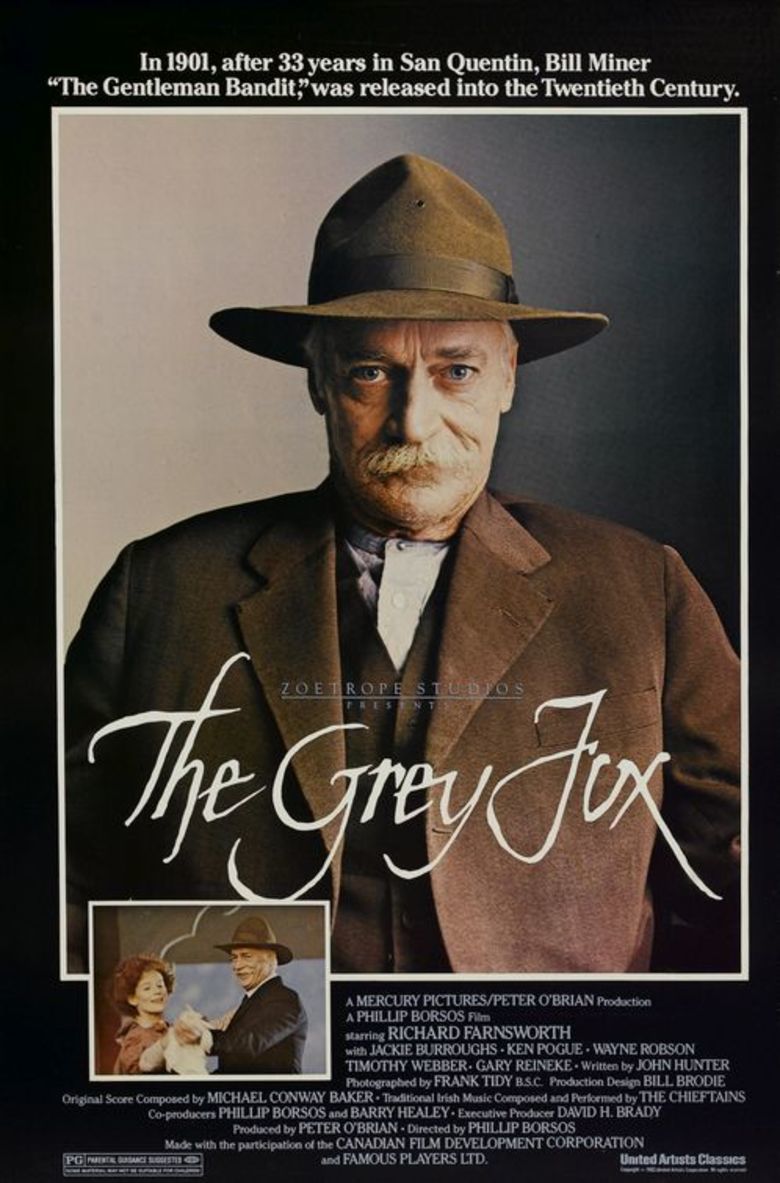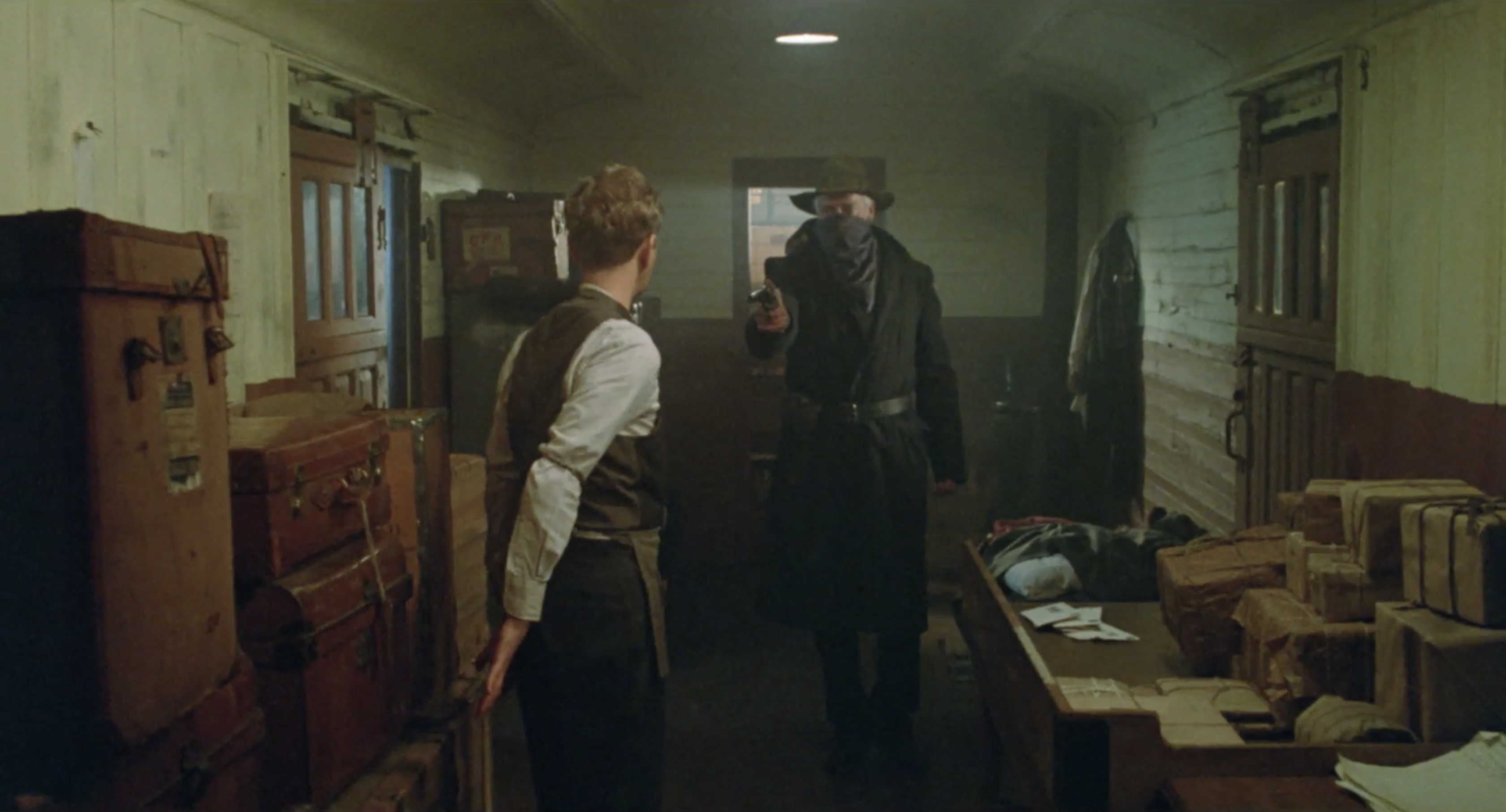The Furniture: SciFi on a Budget in Planet of the Vampires
 Wednesday, September 30, 2020 at 12:49PM
Wednesday, September 30, 2020 at 12:49PM "The Furniture," by Daniel Walber. (Click on the images for magnified detail)
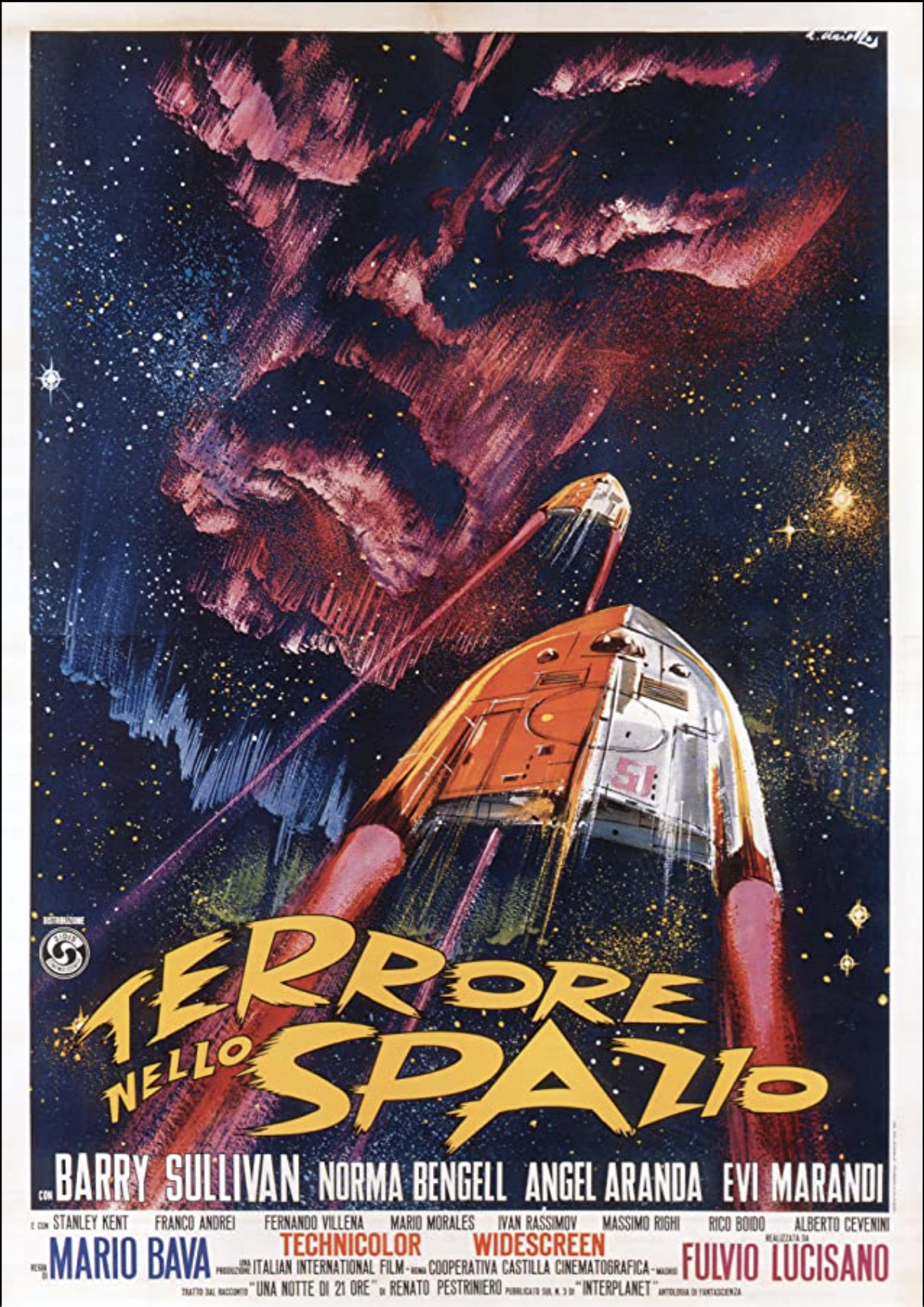 Last week’s column was about Dr. Zhivago, the obvious first choice for any 1965 celebration of production design. But where do we go for Part 2? None of the other 9 nominees really leap forward as worth a column, though I do like King Rat. Outside Oscar’s purview, meanwhile, there’s a lot. There are sweeping historical dramas, like The Saragossa Manuscript and Forest of the Hanged. There are wildly bizarre fantasies, like Juliet of the Spirits and Shadows of Forgotten Ancestors. But I think it would be fun to follow Dr. Zhivago with something entirely different, a movie with only a handful of sets and a budget of $200,000.
Last week’s column was about Dr. Zhivago, the obvious first choice for any 1965 celebration of production design. But where do we go for Part 2? None of the other 9 nominees really leap forward as worth a column, though I do like King Rat. Outside Oscar’s purview, meanwhile, there’s a lot. There are sweeping historical dramas, like The Saragossa Manuscript and Forest of the Hanged. There are wildly bizarre fantasies, like Juliet of the Spirits and Shadows of Forgotten Ancestors. But I think it would be fun to follow Dr. Zhivago with something entirely different, a movie with only a handful of sets and a budget of $200,000.
Mario Bava’s Planet of the Vampires was perhaps never destined to be a hit. Bava was disappointed with the casting of Barry Sullivan as Captain Mark Markary, who he considered far too old. Sullivan, for his part, took one look at the script and assumed the worst. It wasn’t until he showed up for ADR recording that he saw just how much magic Bava could get out of $200,000. The images took his breath away...



